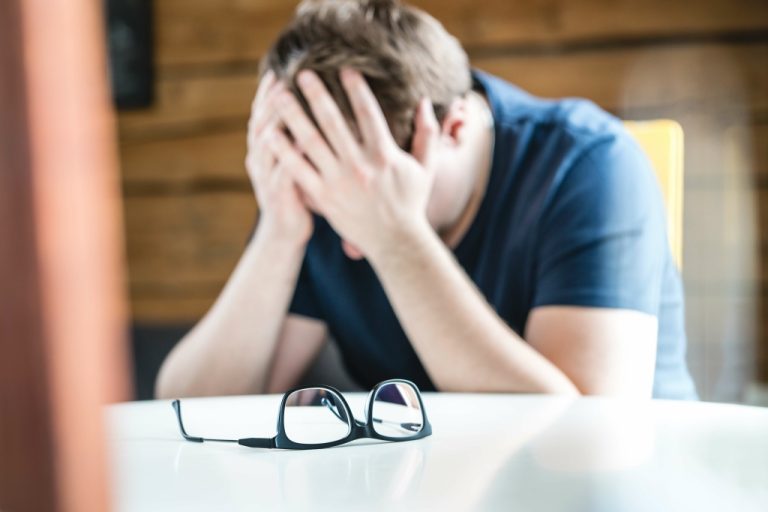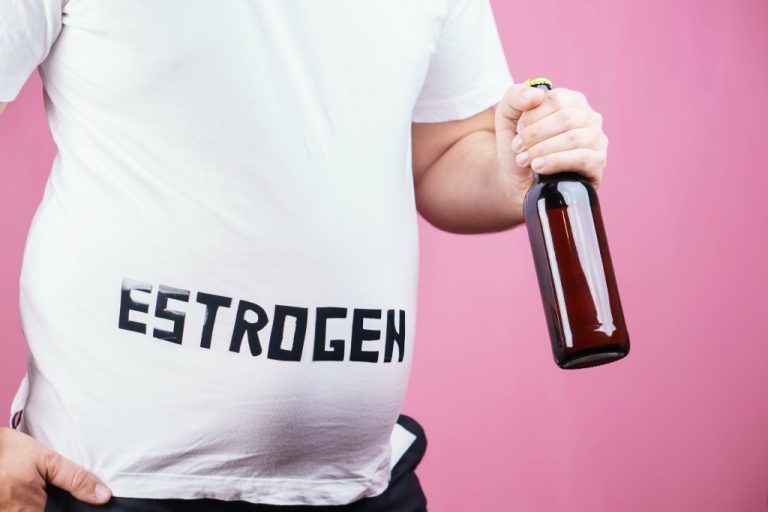Lastly, alcohol is a depressant, and can hinder the part of the brain that senses and controls body temperature, which can fool you into feeling warmer than you actually are. Yes, certain medications can interact with alcohol and contribute to feeling cold. Medications that affect blood flow, such as beta-blockers or antihistamines, may heighten the vasodilation response caused by alcohol, intensifying the feeling of cold. Eating a meal before drinking alcohol can help slow down the absorption of alcohol in the body, potentially lessening the intensity of heat sensations. Over time, frequent alcohol consumption can lead to the development of a partial tolerance to the vasodilatory effect, resulting in reduced flushing.
How can I minimize alcohol flush?
Your face, neck and chest become warm and pink or red right after you drink alcohol. In people with alcohol intolerance, a genetic mutation (change) makes ALDH2 less active or inactive. Acetaldehyde starts to build up in your blood and tissues, causing symptoms. If you have any unpleasant symptoms after drinking alcohol, see your healthcare provider. Your provider can help get to the bottom of your symptoms and recommend the best next steps. You may notice that even after drinking a small amount of alcohol, you don’t feel great.
Is the alcohol by volume (ABV) listed on wine labels accurate?
Alcohol and its byproducts cause the body’s blood vessels to dilate (which can increase the amount of flushing the person experiences as well). Dilated blood vessels means that warm blood is moving closer to the surface of your skin, making the heat noticeable. Because your blood vessels have dilated, your body may begin to sweat Substance abuse since your temperature has changed. While you’re drinking, your liver is working hard to breakdown all the alcohol that is entering your system. In reality, drinking alcohol can cause a decrease in your internal body temperature. If someone drinks to the point of alcohol poisoning, their body temperature could drop significantly, potentially leading to hypothermia.
Medical tools and resources
The definition of moderate drinking may vary, but it’s often defined as up to one drink per day. However, individual factors, such as your health status, personal preferences, and how alcohol affects you, should also be considered. Studies showdifferent results about how alcohol use affects menopause symptoms. Besides being linked to alcohol use, hot flashes and sweating are common symptoms in women who are experiencing menopause.
We’ve also partnered with Moderation Management, a non-profit dedicated to reducing the harm caused by the misuse of alcohol. While there is no direct relationship between alcohol and hair loss, heavy drinking may lead to other issues that thin out your locks. Alcoholic jaundice is usually found in the why does alcohol make me feel hot progressive, final stages of liver disease. Hence, seeking professional medical advice is crucial if you notice such symptoms. Alcohol suppresses rapid eye movement, or REM sleep, which is an essential restorative stage of sleep your body requires. And since alcohol is a diuretic, you’ll probably visit the bathroom more frequently at night, which can significantly hinder sleep.
Chronic heavy drinking can cause alcoholic hepatitis, which is the inflammation of your liver. One common sign of alcoholic hepatitis is jaundice, where the skin and whites of your eyes look yellowish. But the hallmark symptom of alcohol intolerance is flushing of the skin of the chest, neck and face. But if you don’t have an ALDH2 deficiency and still get flushed whenever you drink alcohol, it may be caused by rosacea. When mixed with alcohol, they can cause a buildup of acetaldehyde, a toxin that makes you feel flushed, sick, and ready to swear off alcohol altogether. A study released on August 2, 2013 found that those who are energized by alcohol have a hyperactive dopamine response to alcohol and are genetically predisposed to drink more heavily.
Meanwhile, binge drinking focuses more on how quickly and how much you drink in one sitting. The CDC defines binge drinking as drinking that brings your blood alcohol concentration (BAC) to 0.08% or more. This is usually achieved if you consume five or more standard drinks on a single occasion for men or four or more drinks on a single occasion for women. In this guide, we’ll explore 15 short and long-term signs that you’re drinking too much, including symptoms that don’t necessarily involve a hangover. Alcohol has a significant impact on our central nervous system (CNS), which controls our thoughts, movements, and senses. Once alcohol enters our bloodstream, it hampers the speed of nerve activity in the brain, leading to various effects.
- However, alcohol consumption does not actually cause increased body temperature, as many people think.
- Thus, drinking leads to an increased heart rate and widens blood vessels in your skin.” This tends to trigger perspiration.
Who might have alcohol intolerance?

Here, we will https://targetedselfdefence.co.za/how-to-prevent-relapse-top-10-effective-strategies-3/ explore the difference between temporary and persistent hot flushes and the relationship between hot flushes and alcohol sensitivity. Have you ever had a glass of wine in the wintertime, some whiskey around a campfire, or a few beers at a tailgate and noticed how the alcohol makes you feel warm? This seemingly warm and fuzzy feeling has a scientific explanation, but it’s to be regarded carefully because it’s actually doing the opposite of “warming” your system.
This sensation can sometimes trick us into thinking that our entire body is warmed up. The truth is, while our skin feels warm, our core temperature can actually drop due to increased heat loss. If someone has developed alcohol dependency, they may experience excessive sweating, hot flashes, and night sweats if they stop drinking. Stress or anxiety can exacerbate the feeling of coldness after drinking alcohol. Both stress and anxiety can trigger physiological responses that may amplify the effects of alcohol on blood vessel dilation and heat loss, leading to increased coldness.

When it comes to drinking, there’s a big difference between feeling tipsy and having symptoms of alcohol intolerance. The former is when you get a little loosey-goosey at the bar; the latter is more like you feel sick after sipping on a glass of wine while relaxing at home. Yes, drinking water between glasses of wine can help dilute the alcohol concentration in your system and potentially reduce the severity of the flush. However, if you consistently experience a strong flush response after drinking even small amounts of alcohol, particularly wine, it’s a strong indicator that you may have the deficiency.
Does the temperature of the environment affect the hot sensation from alcohol?
Well, alcohol intake may lead to night sweats by speeding up your heart rate and widening your blood vessels, triggering the release of perspiration. During a hangover, your body temperature rises from the low temperature you probably experienced while you were intoxicated. Your body temperature may continue to rise, along with excessive sweating, as your body’s fight-or-flight response is triggered.
